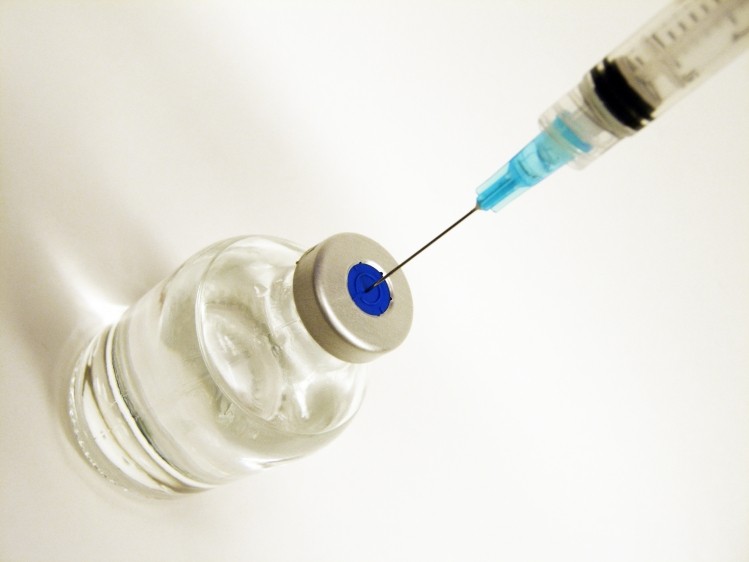FDA offers guidance for running early-phase trials for gene, cell therapies

The FDA’s Center for Biologics Evaluation and Research’s Office of Cellular, Tissue, and Gene Therapies notes first and foremost that the development of cell and gene therapies differs drastically from the development of small molecule drugs, which means differences in trial design will be necessary.
The heightened risk to subject safety is one of those major differences the agency highlights, noting some instances where multi-organ failure and deaths occurred.
“Features of some CGT [cell and gene therapy] products that may contribute to their risks include the potential for prolonged biological activity after a single administration, a high potential for immunogenicity, or the need for relatively invasive procedures to administer the product,” the FDA says in the guidance, which finalized previous draft guidance from 2013. “In addition, the preclinical data generated for CGT products may not always be as informative as for small molecule pharmaceuticals, particularly since it usually is not feasible to conduct traditional preclinical pharmacokinetic (PK) studies with CGT products.”
And since many cell and gene therapies haven’t been tested extensively across a broad population, the FDA notes that there can be “considerable uncertainty about the nature and frequency of safety problems that might be associated with specific types of CGT products…Therefore, evaluation of safety and pharmacologic activity might require observation of subjects for a substantial period of time to understand the safety profile.”
Since each product differs, the FDA notes there won’t be a one-size-fits-all method to design these trials, and the agency encourages sponsors to meet with FDA review staff early in the development process.
The agency also hones in on dose exploration, feasibility and activity assessments, how sponsors should select a study population, control group and blinding, dose, regimen, treatment plan, and monitoring and follow-up of patients.
The scientific and logistical complexities of manufacturing cell and gene therapies should also be weighed by sponsors as the products “may impose practical limits on the dose of the product that can be produced, or may limit the concentration or volume of product that can be delivered,” the FDA says, noting that it could “restrict the range of doses that are feasible in an early-phase trial.”
The guidance follows previous guidance from the FDA on preclinical testing for gene therapies, which CROs welcomed back in 2012.
















